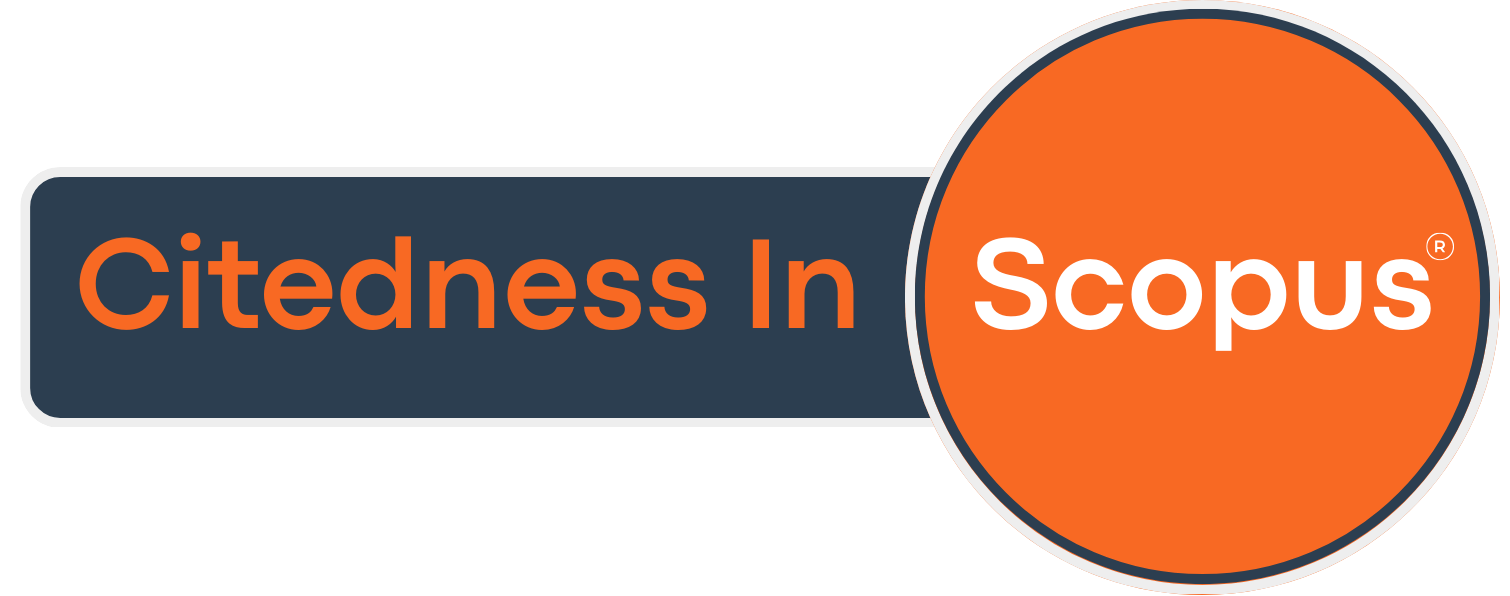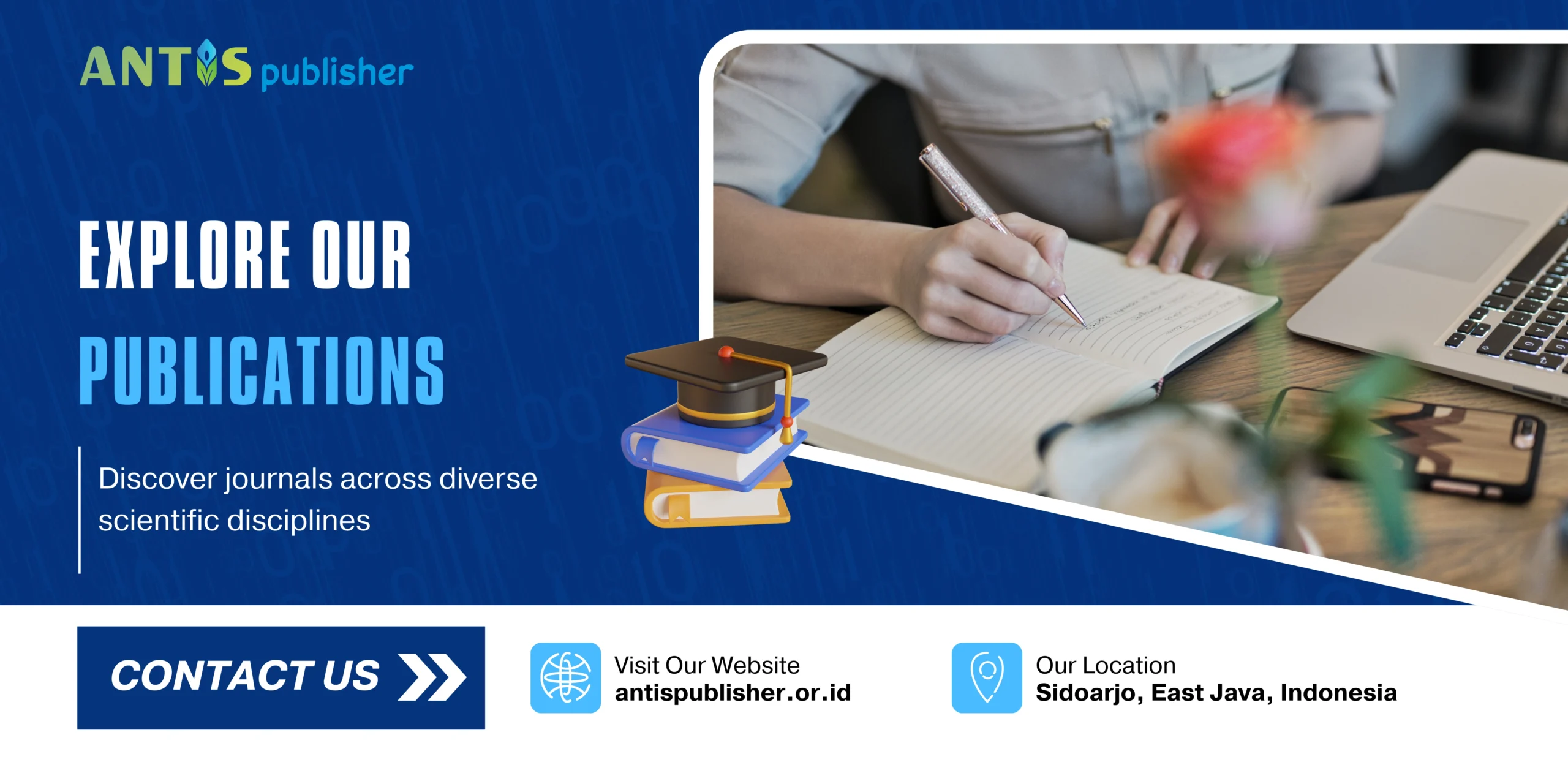THEORETICAL BASIS OF THE USE OF HEURISTIC TASKS IN THE LEARNING PROCESS
Downloads
Objective: This study aims to examine the theoretical foundations of heuristic education and assess the effectiveness of heuristic tasks in fostering students' intellectual independence, research skills, and creative thinking within general secondary education. Method: A qualitative research approach was employed, involving theoretical analysis of classical and modern pedagogical works, as well as a review of educational reforms and practices in Uzbekistan. Results: The findings indicate that heuristic methods—such as tasks, guided conversations, and problem-based questioning—play a significant role in developing students' logical reasoning, creativity, and research capabilities. However, despite their cognitive and developmental potential, these strategies remain underutilized in mainstream curricula. Novelty: This study provides a comprehensive synthesis of heuristic education by integrating insights from both Eastern and Western philosophical traditions with contemporary pedagogical models. It highlights the relevance of heuristic strategies in 21st-century education and emphasizes their transformative role in shifting learning from passive reception to active inquiry.
L. Brown, Child Psychology and Educational Development. Childhood Books, 2019.
«Decree of the President of the Republic of Uzbekistan No. PF-60 on the Development Strategy of New Uzbekistan for 2022–2026». 2022 г.
N. T. Tosheva, Didactic Conditions for Organizing Learning Situations That Develop Cognitive Activity in Primary School Students. Tashkent: Tafakkur, 2011.
A. V. Khutorskoy, Didactic Heuristics: Theory and Technology of Creative Learning. Moscow: Moscow State University Press, 2003.
S. White, «Digital Tools for Active Learning». 2017 г.
G. A. Andrianova, A. V. Khutorskoy, и G. M. Kuleshova, «Distance heuristic olympiads in primary, basic, and specialized education», в Meanings and Goals of Education: Innovative Aspect, A. V. Khutorskoy, Ред., Moscow: Scientific-Implementation Enterprise INEK, 2007, сс. 250–261.
A. K. Shamshetova, R. N. Melibayeva, X. E. Usmanova, и I. O. Khaydarov, General Psychology. Study Guide. Tashkent: Barkamol Fayz Media, 2018.
J. Smith, «Heuristic Approaches in Elementary Education», J. Creat. Learn., т. 5, вып. 2, сс. 112–118, 2020.
A. S. Shibaeva и S. V. Koryakina, «Heuristic method as a means of activating students’ cognitive activity». 2010 г.
«Law of the Republic of Uzbekistan „On Education“ (No. PQ-637, September 23, 2020)». 2020 г.
M. Maksudova, Psychology of Communication. Tashkent: «Turon-Iqbol» Publishing House, 2006.
V. Karimova, Social Psychology. Tashkent: Science and Technology, 2012.
M. Davis, «Teaching Innovation through Heuristics», в Proceedings of the International Education Conference, 2018, сс. 66–73.
A. Q. Juraev, «The Role of Ethnopsychological Upbringing in Ontogenetic Development», Sci. Impulse, т. 1, вып. 9, сс. 1950–1953, 2023.
E. Author, Understanding Cognitive Development in Primary School. Education Press, 2021.
Copyright (c) 2025 Sobirov Zarifboy

This work is licensed under a Creative Commons Attribution 4.0 International License.




















